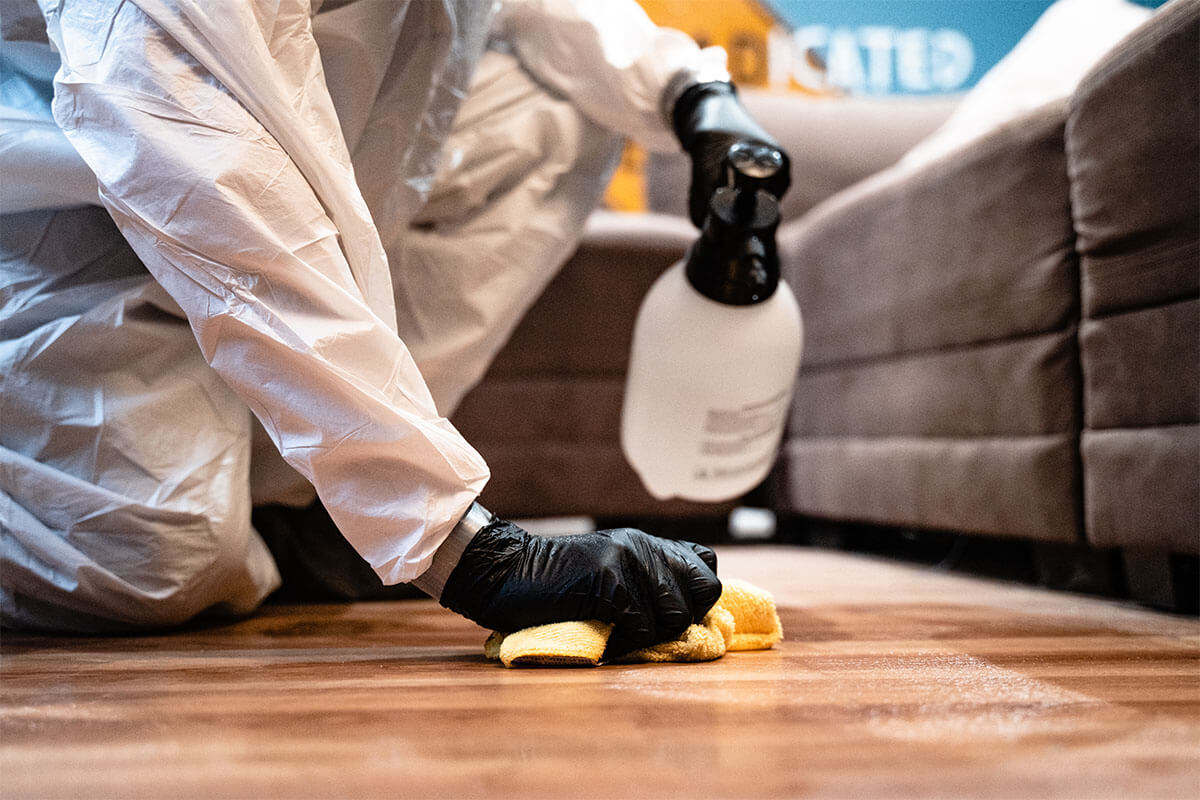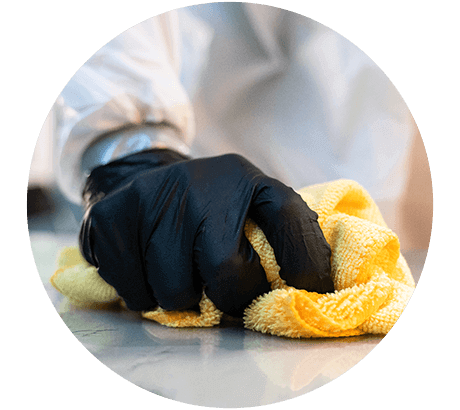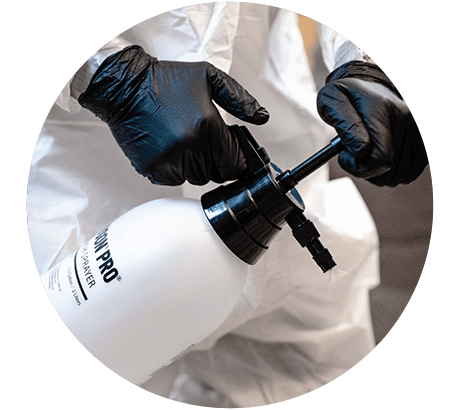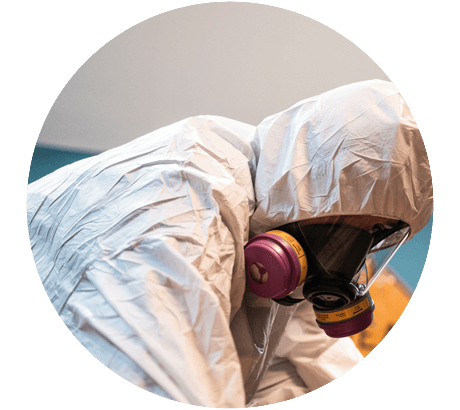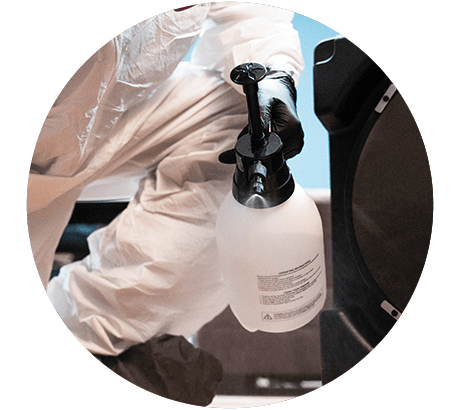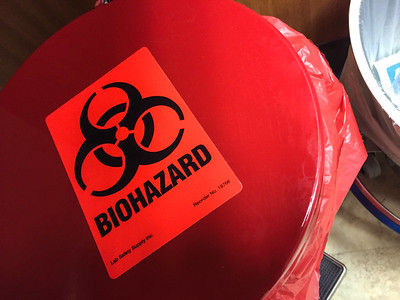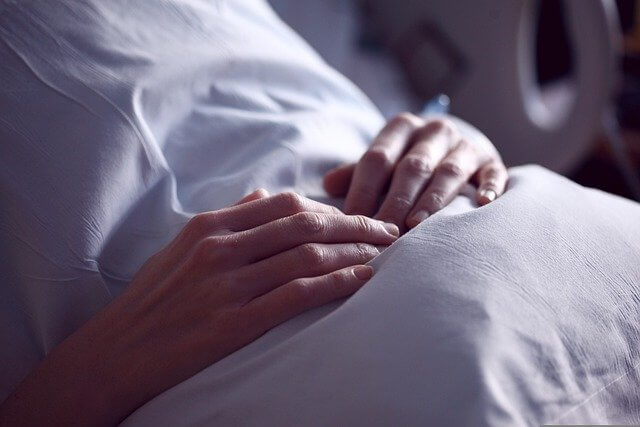24/7 EMERGENCY SERVICE NATIONWIDE
Blood Cleanup
Never expose yourself to potential bloodborne pathogens when you don't have to. Call professional cleaners for blood and biohazards.
24/7 Support
Quick Response
Insurance Accepted
Even If It Looks Simple, Don't Risk It
When it comes to blood, never make the assumption that even simple looking situations can be dealt without the pros. You just never know what's contained in blood. Risking semi-permanent or permanent illness from accidental exposure is never worth it.
As blood is a natural part of the human body, many can lose track of how dangerous blood can be. It can contain pathogens that may or may not get someone sick. With serious bloodborne infections and diseases such as HIV, hepatitis B, and hepatitis C, you don't want to take the risk. Parasites, bacteria, and other pathogens may also be present. When someone comes into contact with these pathogens from the blood of an infected person, they can become ill.
The National Crime Scene Cleanup Association (NCSC) exists to prevent these types of situations from happening. These crews are trained to properly protect, decontaminate, and restore property damaged by blood. These services are here to help property owners, families, and communities reclaim part of their peace of mind while reducing the costs required of them.
NCSC crews are on call 24/7/365, nationwide, and readily available with the proper equipment and supplies to restore the home.
Quick Links
- How NCSC Follows OSHA Bloodborne Pathogen Standards
- About the National Crime Scene Association
- Why NCSC?
Professional, well trained, and did exactly what they said they would do for the price given. These guys are excellent and I would definitely hire them again. 👍🏻👍🏻
What Are Bloodborne Pathogens?
Viruses
OSHA Bloodborne Pathogens Standard clearly defines the three most common bloodborne viruses HIV, Hepatitis B and C. Less frequent but equally well known and devastating bloodborne infections include Ebola, Lassa, and Dengue.
All of these viruses are not just potentially life long and also potentially life threatening. That is the reason why OSHA has regulations and special training reserved for these type of situations–all of which should be observed.
Bacteria
Bacteria and viruses are slightly different. Bacteria refers to complex single cell organisms that can survive independently while viruses live on surfaces and do the most damage when they enter a host and multiply within their human body.
Fungi
Certain types of fungi can live and multiply in blood. The most common ones are histoplasmosis, coccidioidomycosis, and blastomycosis, all of which can be transmitted through air, food, water, or contact with an infected animal.
The transmission of bloodborne fungi may not produce immediate symptoms. Symptoms can vary and may take weeks or months to develop–making it even more complicated to determine when direct exposure is made. It’s not worth the risk, which is why OSHA mandates having a professional take care of blood cleanups.
Parasites
Parasites are organisms that feed and get their nutrition from another organism (called a host). In doing so, they infect the host with illness and disease. A few examples of common bloodborne parasites include malaria, Chagas disease, babesiosis, and leishmaniasis.
Bloodborne parasites are often transmitted through contaminated water and infected mosquitos. Unfortunately, these issues may not show immediate symptoms. This is especially why you should never clean up blood–even if the person appeared to be healthy–without first being trained.
NCSC Follows OSHA Standards for Bloodborne Pathogen Cleanup
In 1991, OSHA released specific regulations for handling biohazard and biohazardous waste, including a standard for bloodborne pathogens. NCSC crews are trained to follow the Bloodborne Pathogens Standard (29 CFR 1910.1030), which applies to all residential and commercial safety procedures. An overview of what this means includes:
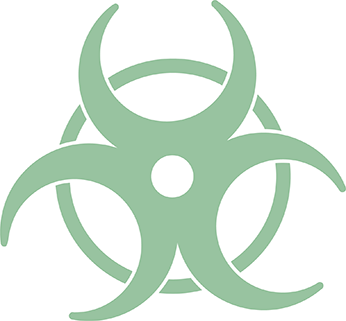
Following an Exposure Control Plan

Proper Training and PPE

Vaccinations & Record Keeping

Medical Evaluation and Follow Up

Proper Labeling and Storage

Proper Transport and Disposal
NCSC's Certifications

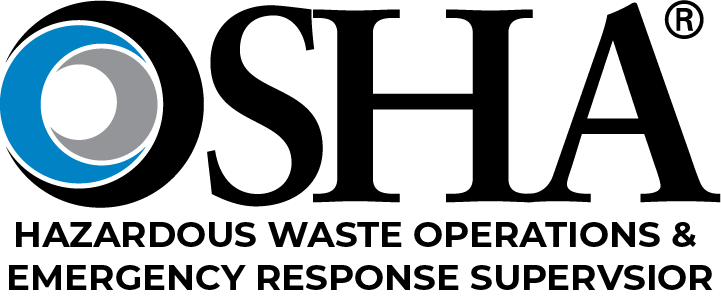
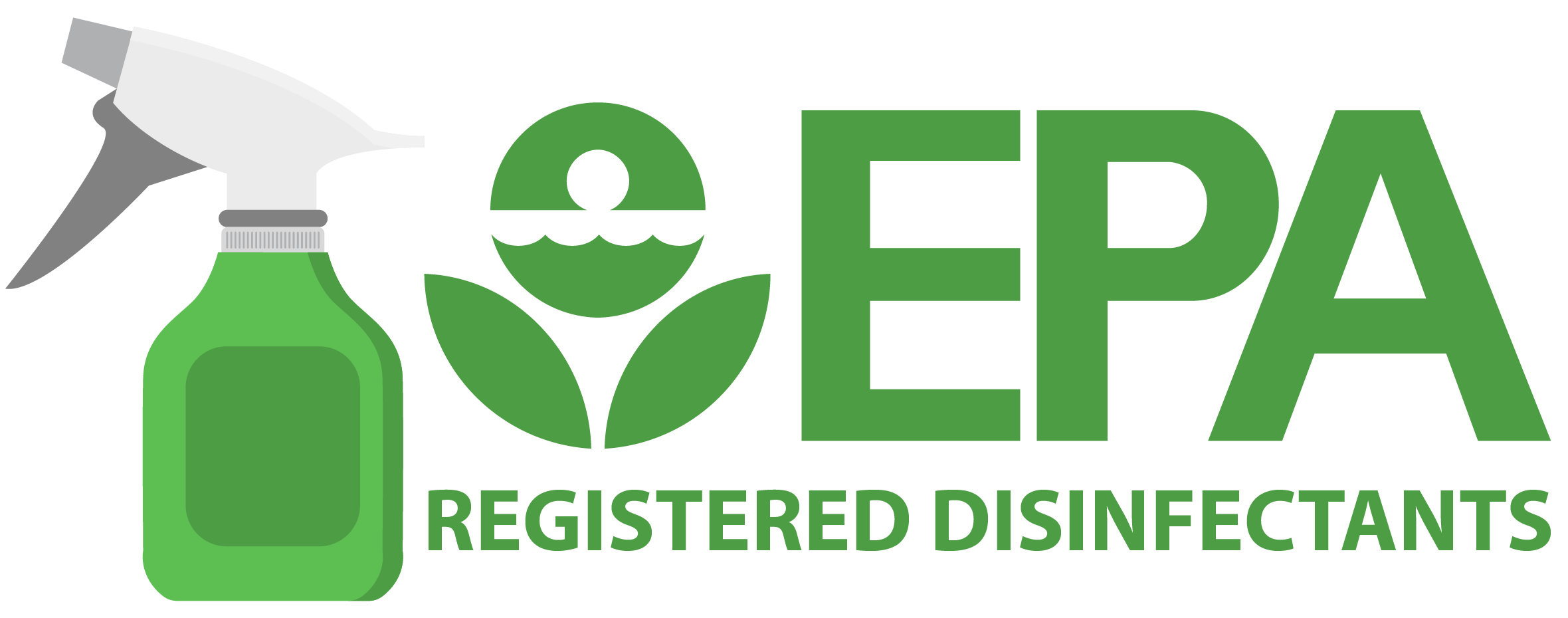
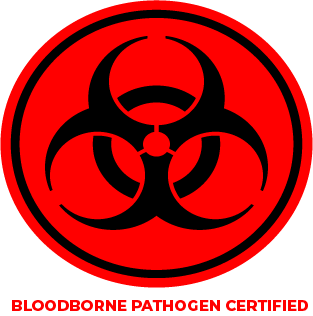
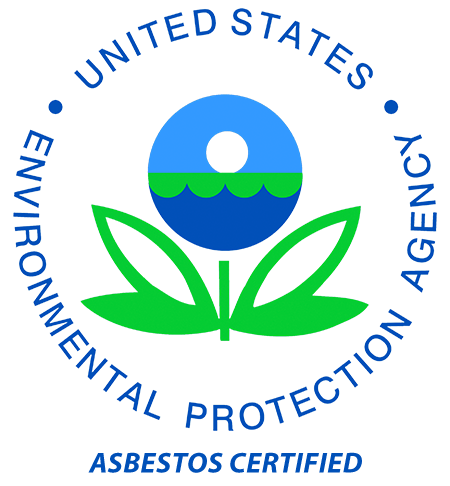
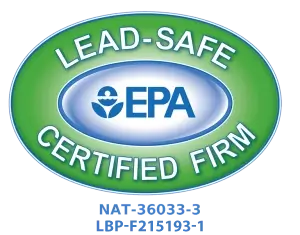
To read more about biohazardous waste laws, please see the respective governmental websites below:
- OSHA
- EPA
- State Environmental Agency
- U.S. DOT (State DOT regulations also apply)
NCSC teams are fully licensed and trained by the applicable organizations of which they are servicing. Help is just a phone call away. Call the NCSC hotline 24/7/365 for immediate assistance.
Rated Five Stars By Families Like Yours
For over 20 years, NCSC is honored to offer a high level of standard that has attained many five star reviews by many nationwide families like your's. How have we done it?
Our teams of professionals know the seriousness and potential severity of these situations. Whether you were surprised to find a large amount of mold while completing your latest remodeling project or you have lost a loved one recently due to an act of violence (so sorry for your loss), we are here and qualified to help you through these situations and ensure you and the public’s physical and mental wellbeing is protected.
Our service response times are typically immediate or next day for both residential and commercial properties and vehicles.
Although we are not going through your situation directly, we know how tragic and sensitive these circumstances can be. We treat every situation and family with the utmost respect and compassion, hoping that our services can help offer you some peace of mind and safety.
We are considerate to the circumstances that have occurred through no fault of your own. Time is something we can’t get back, don’t waste or make your life more difficult by attempting to clean the situation up personally. The dangers of doing so are potentially traumatic. Trust our thorough, professionally trained staff and know we are equipped to handle the situation efficiently.
Flexible Payment Options
The costs of a blood cleanup are highly dependent on the situation. A blood cleanup may refer to a small area of roughly 400 feet, while other situations (e.g. a homicide) may take up over 800 feet in multiple rooms. The cost can vary greatly depending on the circumstance. Most situations are also covered by insurance.
Please speak with a NCSC representative to help discuss the best payment options.

Insurance Accepted
Nearly all incidents are covered by homeowners, renter's, or other property insurance. NCSC works with several major insurance providers. A representative can assist you through the claims process when you call.

Credit or Debit Card
NCSC accepts all major credit or debit cards through a secure third party payment processing vendor, so all of your information stays confidential and encrypted at the highest level throughout the transaction process.

Check
For your convenience, NCSC accepts all checks, banker or otherwise, so long as they are lawfully written and issued by a valid bank.

Victim's Resources
The federal government has funds available to victims of crime that are paid for by the convicted offender. Feel free to ask for more information about the Crime Victims Fund when you call.
Frequently Asked Questions
Understanding what a bloodborne pathogen is or the safest way to remove them can be confusing. That's why NCSC exists. Below are a few answers for the most common questions, however you are always welcome to ask more when you call. A friendly NCSC representative will be happy to assist you.
A bloodborne pathogen is any harmful microorganism that produces disease in human blood. A bloodborne pathogen is considered HIV and certain types of hepatitis, for example.
All bodily fluids should be treated as biohazard waste for their ability to transmit pathogens--however a bloodborne pathogen refers to a pathogen in blood. These blood pathogens can be present in other bodily fluids as well, particularly if the individual is sick with blood present in feces, urine, or vomit.
That is especially the reason why you want to always treat bodily fluids as biohazards and treat them appropriately.
It depends on the pathogen. Certain pathogens like HIV or Hepatitis can remain alive for over a week. Lesser infectious and fatal viruses such as Herpes can survive for a few hours up to a week.
It all depends on the pathogen and the surface.
OSHA and the EPA permit different types of disinfectants that are chosen based on the situation. NCSC teams always strive to use non allergenic and environmentally friendly options for every situation. When you call, a representative will explain the this process further.
Yes, all cleaners are trained and experienced in removing blood and bodily fluids from any where, including cars, homes, and commercial properties.
The National Crime Scene Cleanup Association (NCSC) makes up a network of emergency crime scene cleaners nationwide. Crews are ready to respond to your situation within next day.


